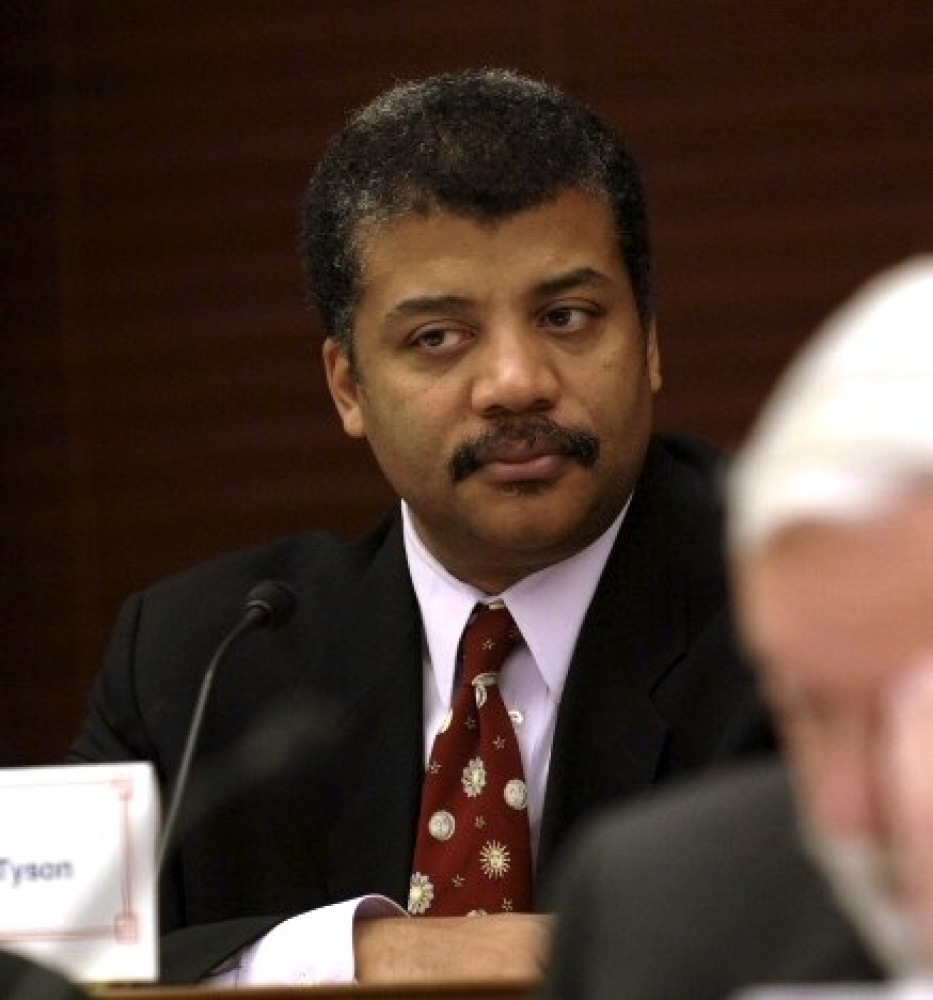Beyond Tyson: Black Astrophysicists & STEM Pioneers
Can the cosmos truly be understood without acknowledging the contributions of all who gaze upon it? The undeniable truth is that the universe, in its vastness and complexity, is best illuminated by the diverse perspectives of those who dedicate their lives to unraveling its mysteries, and the stories of Black astrophysicists are a vital, often overlooked, part of this narrative.
Neil deGrasse Tyson, a prominent figure in popular science, has undeniably brought increased visibility to Black scientists across all scientific disciplines. His influence has inspired countless young people, and his efforts deserve recognition. However, the landscape of scientific discovery is far more extensive than the spotlight allows. Numerous dedicated researchers and innovators work tirelessly, often without the widespread recognition they deserve. The contributions of Black individuals in astronomy and astrophysics, in particular, have been historically marginalized, despite their profound impact.
| Name | Bio Data | Career | Professional Information | Reference |
|---|---|---|---|---|
| Dr. Hakeem Oluseyi | Born in Lagos, Nigeria, and raised in the United States. | Astrophysicist, Professor, and Science Communicator | Currently a professor at the Florida Institute of Technology. He has worked on numerous projects, including the development of advanced telescopes and the study of the Sun. One of the few Black astrophysicists globally. | Florida Institute of Technology Faculty Profile |
| Dr. Jedidah Isler | Born in the United States. | Astrophysicist and Science Communicator | Currently a professor studying exoplanets at the University of California, Irvine. One of the few Black female astrophysicists in American history. | University of California, Irvine Faculty Profile |
| Dorothy Vaughan | Born in Missouri | Mathematician and "Human Computer" at NASA | First Black person to supervise staff at NASA's West Area Computers, vital to the early space program. | NASA Biography |
| Dr. Claudia Alexander | Studied at the University of Michigan. | Space Physicist | Worked at NASA's Jet Propulsion Laboratory and contributed to the Rosetta mission. Her research focused on space physics. | JPL Obituary |
The historical context provides a crucial foundation. It's essential to understand that the representation of Black Americans within STEM fields, particularly in physics and astronomy, remains disproportionately low. While there have been improvements in some areas, the stark reality is that the percentages are still strikingly low. In physics, for example, the representation has dipped below 3% , a decrease from over 5% in 1999. Similarly, in astronomy, the representation hovers around 2%. These numbers point to systemic challenges that have persisted over time, acting as barriers to entry, advancement, and recognition for Black individuals in these fields.
Consider the remarkable trajectory of Neil deGrasse Tyson. His prominence is a testament to his abilities and dedication, and it's also a reflection of the scarcity of Black astrophysicists who have reached such a level of public recognition. The fact that he is a Black astrophysicist makes his achievements even more noteworthy, but also highlights the disparities that still exist. His position provides inspiration, but it is only one facet of a much larger narrative.
Beyond Tyson, a constellation of other figures has made significant contributions. Dr. Jedidah Isler is an astrophysicist, a professor at the University of California, Irvine, specializing in exoplanets, and one of only a few dozen Black female astrophysicists in American history. Her work, and the work of others like her, challenges the stereotypes that might lead young people to believe they don't belong in these fields. The challenges, however, are significant, and include everything from funding and access to mentorship and implicit bias. The need for systemic changes is undeniable to nurture the talent that exists.
The story of Dorothy Vaughan, a "human computer" and mathematician at NASA, is another compelling example of the contributions of Black individuals to science. She played a critical role in the space race. She was the first Black person to supervise staff at the West Area Computers, an essential element of NASA's early endeavors. Her role, and the roles of the other "human computers" at NASA, was finally recognized, though it has been long overdue. Her story demonstrates that breaking barriers can reshape the field.
- Prison Break Michael Scofields Wife The Story Unfolds
- Dario Sepulveda The Untold Story Griseldas Husband Explained
The narratives of Dr. Hakeem Oluseyi and Dr. Claudia Alexander offer additional insights into the modern challenges and contributions within astrophysics. Oluseyi, one of the few Black astrophysicists globally, works on projects that may help to change the field. Alexander, a space physicist at the Jet Propulsion Laboratory, worked on the Rosetta mission. Such accomplishments demonstrate the rich diversity of contributions, even as they reveal the need for far greater diversity within the field.
The study of ancient sites offers even more compelling examples, it has been discovered that the alignment of megaliths in Kenya's Rift Valley suggests that ancient cultures may also have possessed advanced astronomical knowledge. It illustrates that the exploration of the cosmos transcends temporal and cultural boundaries, suggesting astronomy is part of the shared human history.
The landscape of science has changed significantly since 1986. The proportion of female graduates has increased by 53% and the proportion of male graduates has declined by 39%. While these positive figures are encouraging, they aren't a complete reflection of diversity in the field. There is still a lot of work to do, particularly concerning racial diversity.
The work of Black individuals extends to all fields of science and continues to advance the boundaries of space, matter, energy, time, and everything related to it. NASA's Astrophysics Division is dedicated to exploring the universe and sharing its discoveries with the world, and this mission is only possible by ensuring diverse representation. Through that, it can also inspire and empower the next generation of scientists.
The challenges Black astrophysicists face today are complex, stemming from historical discrimination, systemic biases, limited access to resources, and lack of representation. These hurdles hinder opportunities for education, research, and recognition. Overcoming these challenges is essential to promote equity and inclusion in the sciences and ensure that the field benefits from the unique perspectives and talents of all its members.
Looking beyond specific accomplishments, its crucial to acknowledge the role of mentors, institutions, and community support. The presence of role models can have an enormous impact, as can the availability of mentorship programs, and strong community networks. By creating a supportive environment, it's possible to attract and retain talented individuals from all backgrounds.
The quest to understand the universe, and all that it contains, is a universal human endeavor. To realize its full potential, it requires the contributions of every individual, regardless of race or background. The contributions of Black astrophysicists are not merely footnotes in the history of science; they are fundamental to the ongoing exploration of the cosmos. It is a legacy that merits recognition, celebrates diversity, and will shape the future of scientific discovery.
- Unveiling Paul Jake Castillos Businesses Family What You Need To Know
- Doordash Super Bowl Code Hunt What You Need To Know

Neil deGrasse Tyson The Most Powerful Nerd In The Universe Is Also A Scientific Anomaly Code

Neil deGrasse Tyson Biography Life of American Astrophysicist

Famed Astrophysicist Neil DeGrasse Tyson Continues Push to Increase Public's Science Literacy